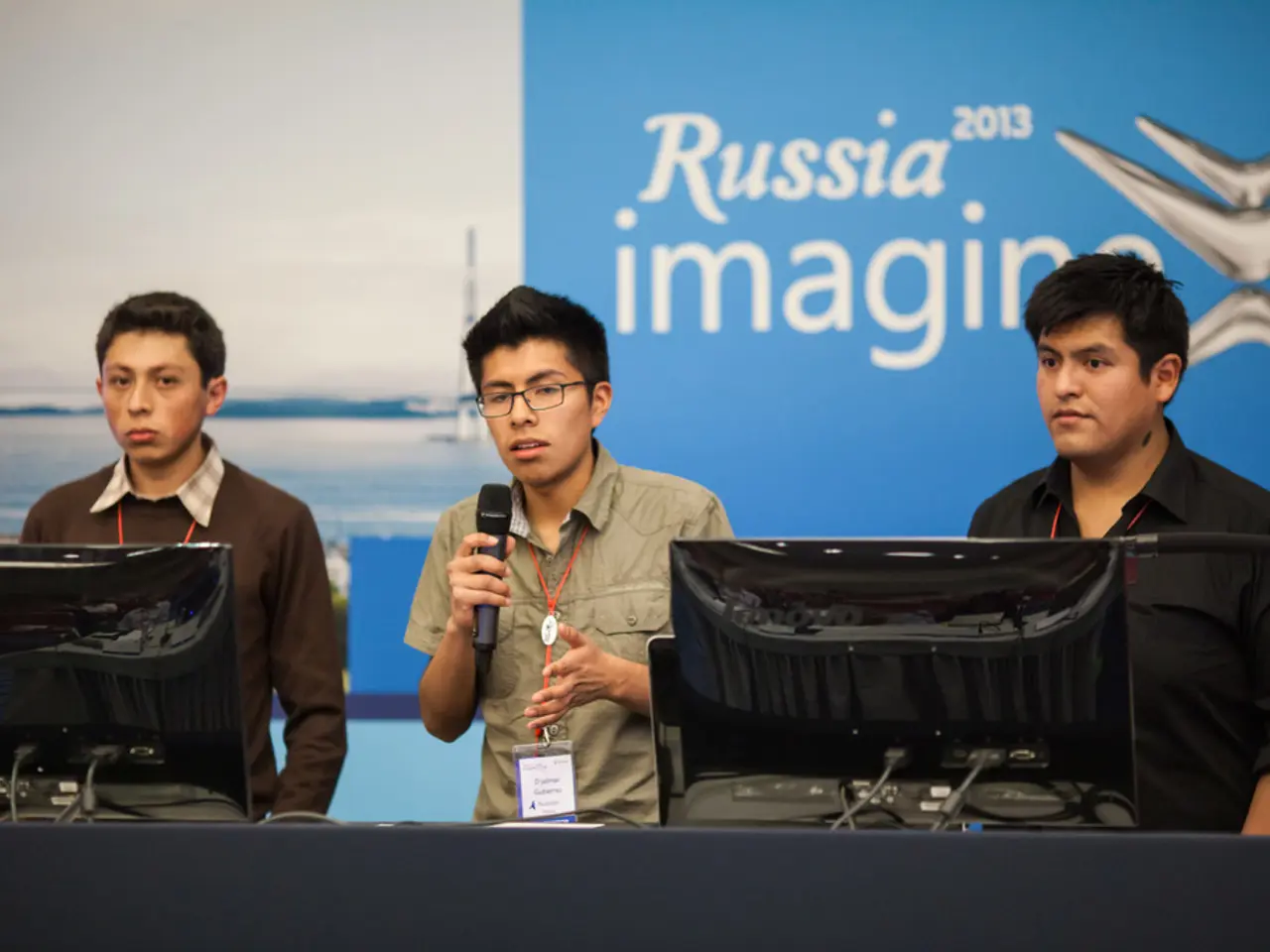U.S. grants permission for Nvidia to market less sophisticated chips in China.
The United States has imposed restrictions on the export of Nvidia's most advanced AI chips to China, citing national security concerns over potential military applications and the risk of China establishing a monopoly in the chip production race.
As of August 31, 2025, the U.S. government has prohibited Nvidia from exporting its A100 and H100 models to China. In response, Nvidia has developed and begun selling modified, lower-performance chips for the Chinese market, such as the GeForce RTX 4090D, which operate more slowly and meet U.S. export control limits.
The export controls were enacted to prevent advanced AI chip sales that could enhance China's AI capabilities. Both the Biden and prior Trump administrations have implemented these restrictions as part of broader efforts to limit technology transfers that could enable Chinese military or advanced AI advancements.
In a move to blur the enforcement landscape, economic and geopolitical compromises such as revenue-sharing agreements and partial exemptions have been made. However, China remains dependent on Nvidia technology for now, as its homegrown solutions still lag behind in performance and ecosystem maturity, partly due to these U.S. export restrictions.
The U.S. government also works with allies to prevent rerouting of Nvidia’s advanced GPUs to China via third countries like Singapore and Malaysia.
The purchase of Nvidia chips by Chinese entities was discovered by Reuters in early 2024. These purchases were subsequently banned for export to China in the U.S. The decision was announced by President Trump in an interview with Fox News, with Hassett emphasizing that Washington does not want to allow China to establish a monopoly on its domestic market.
The White House administration had previously cut off China from Nvidia chip supplies in October 2023, but President Trump considers allowing China to buy less advanced chips while keeping the best microchips for the U.S. a wise decision. The U.S. is cautious about allowing China to reap monopoly profits in its domestic market.
This framework reflects ongoing U.S. efforts to balance technology leadership, national security, and trade relations with China.
- Despite the export restrictions, Nvidia's modified, lower-performance chips like the GeForce RTX 4090D still pose a potential threat to China's general-news and political landscape, as they could contribute to advanced AI capabilities.
- The ongoing technology trade tensions between the U.S. and China, as exemplified by the Nvidia chip export restrictions, significantly impact the political finance dimension, as decisions affect economic interests and geopolitical positions.




